


We invest in people, their well-being and advancement, and the conditions that support their ability to fully participate and thrive in our community, state, and world.
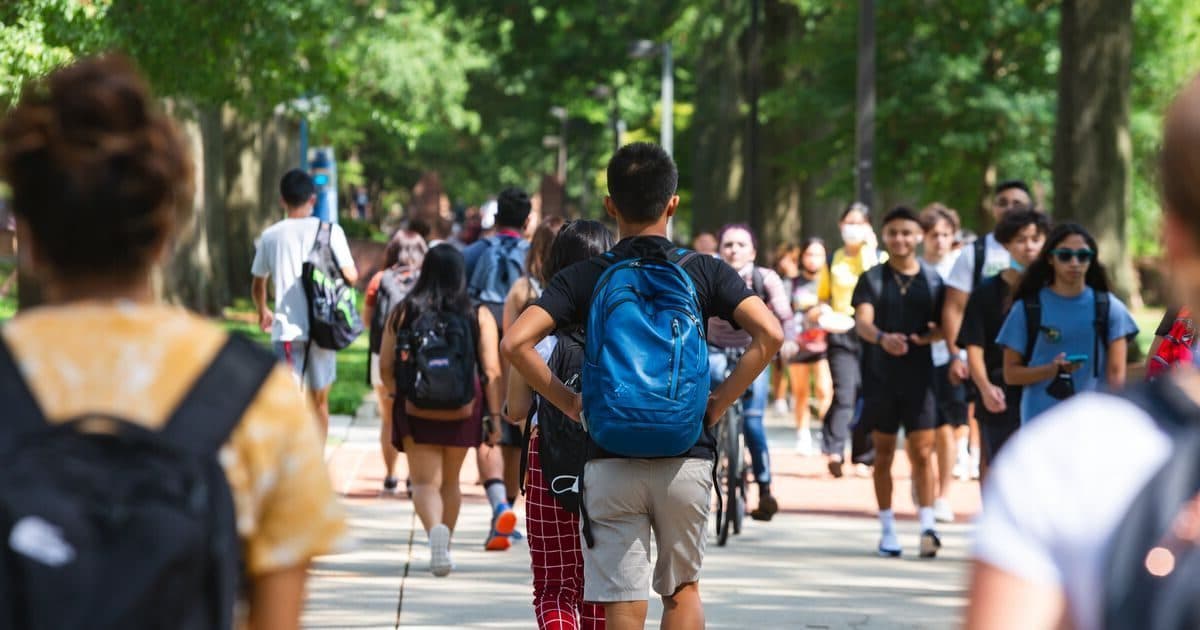
The Terrapin Commitment is the largest single-year investment in need-based financial aid in UMD’s history, providing up to $20 million annually for students from the state of Maryland.

Terrapin Commitment
The Terrapin Commitment program began in January 2023 to increase affordability and accessibility to the state’s flagship institution of higher education for students from Maryland. The goal of the Terrapin Commitment grant is to reduce the gap between a student’s total financial aid package and the actual cost of a UMD education.
Since its inception, the Terrapin Commitment has been able to support more than 5,700 students with over $31 million in financial aid, cutting the gap in unmet need in half.

The University of Maryland is making significant investments in mental health and well-being to empower every member of our community to prioritize their well-being and thrive in a supportive environment.

Mental Health
From President Pines’ inaugural initiative to expand mental health services staffing to the recent successful completion of the Mental Health Task Force, UMD has consistently prioritized the mental health and well-being of our campus community.
In 2024, the Mental Health Task Force, made up of students, faculty and staff from across campus, reported their findings. Overall, they found that UMD has a wide array of existing mental health and well-being programs, services and resources already underway—and we have made significant strides in this area.
As a result of their work, UMD launched a new mental health website that is a collection of mental health and well-being resources available to our community on a variety of topics, including crisis support, counseling, academics, wellness and connection.
Many additional investments and accomplishments in 2024 include:
The RADical Health resilience training first-year transition program, a new comprehensive mental health and well-being web portal, and a new Implementation Advisory Committee.
The new Initial Access Team of 8 clinicians provided more rapid access to treatment, doubling intakes per week and significantly decreasing wait times.
The Mental Health Emergency Assessment and Response Team (MHEART) became fully activated. It consists of four new clinicians who respond with UMPD to mental health emergency calls.
The Embedded Clinician Team pilot program was launched with three embedded clinicians covering four colleges and schools.
A newly hired physician leads an expanded and integrated care model that includes addiction medicine, therapy, and psychiatry for substance use treatment.
In addition, improvements have been made in the areas of case management, primary care assessments and follow-up service.
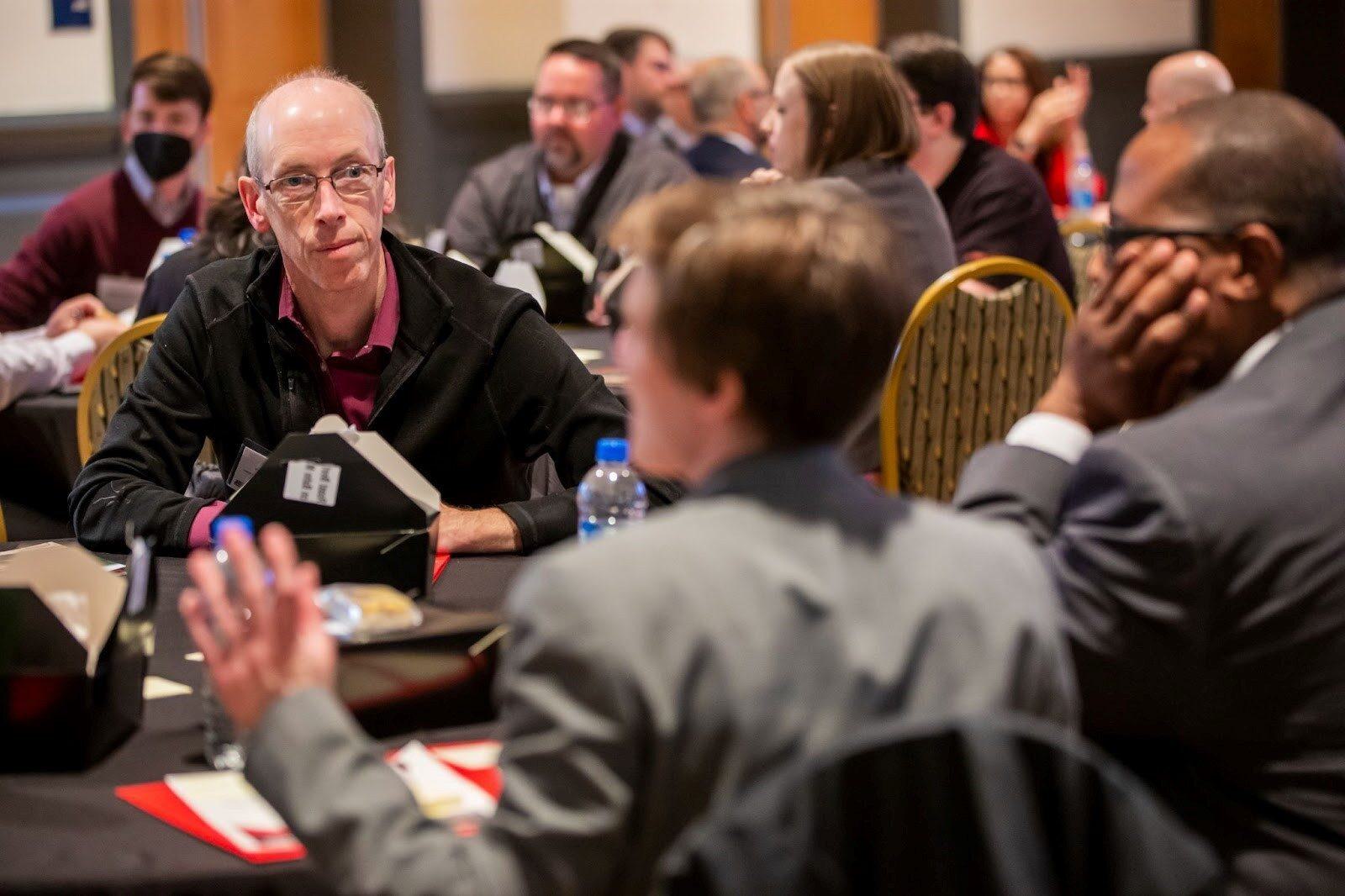
The university is making significant enhancements to policies and practices to support the success, growth and well-being of our faculty.

Faculty Supports, Evaluations, and Rewards
The university has been working with several task forces, workgroups and the University Senate to enhance key areas of importance for faculty, such as workload, evaluation and promotion, and leadership and professional development.
The Office of Faculty Affairs, along with several workgroups, task forces and the University Senate, have made major accomplishments in key areas for both professional track and tenure track faculty:
Formed an APT Policy Review Committee to work on revisions
Formed the inaugural PTK Advisory Group to advise the Office of Faculty Affairs on matters related to PTK faculty
Created a proposal for an Instructional PTK Faculty Workload policy to be moved through the University Senate
Created a series of PTK Administrative reforms regarding compensation, contracts and appointments
Developed of an Interim policy on Faculty Professional Conduct
In addition, several new professional development opportunities include a leadership development program for chairs and directors, faculty forums on topic-of-the-day issues, and a peer network for PTK faculty.
The university also developed and launched a new series of programs and resources to support supervisors, including a new supervisor orientation, supervisor hub and toolkit and Excellence in Supervision program. The three-part Excellence in Supervision program aims to maximize supervisors’ effectiveness in leading the work of others. Through this program, supervisors will learn how to create positive work environments and experiences, and foster growth, success, care and inclusive excellence.
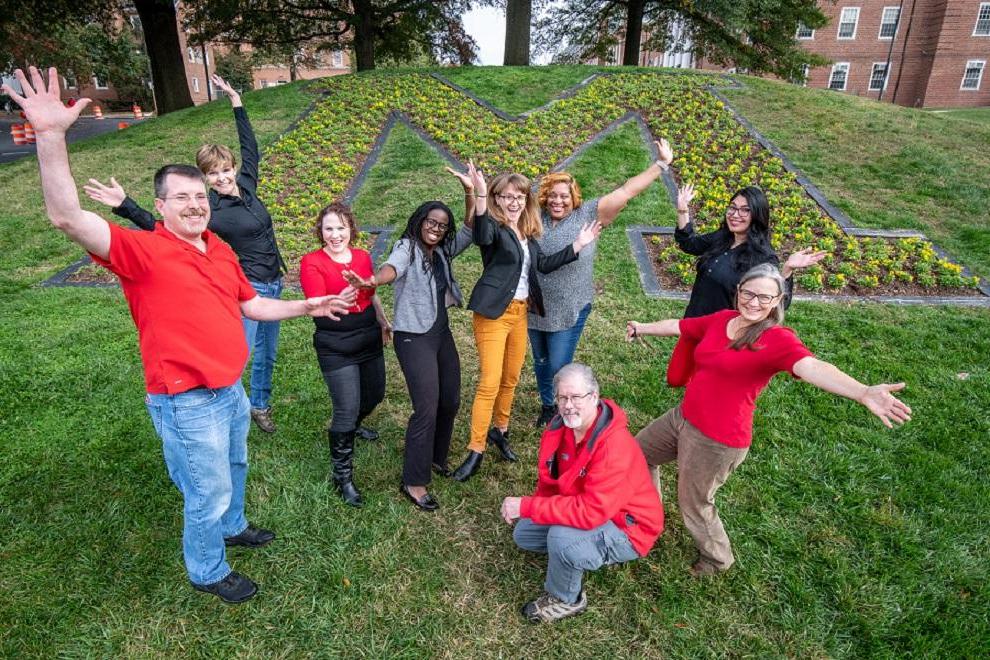
The University of Maryland is actively seeking to improve the work life of its staff and support a community of care and excellence where all can fully participate and succeed.

Investing in Staff
The University of Maryland has launched and sustained several staff-focused initiatives centered around recognition, career advancement and professional development.
The Terrapin Innovation Award and MVP Award program continued its success from the inaugural year with a record-breaking number of nominations. With over 230 nominations, the committee identified 25 award winners across 12 university divisions to be recognized for their fearless leadership and impactful contributions.
The university also developed and launched a new series of programs and resources to support supervisors, including a new supervisor orientation, supervisor hub and toolkit and Excellence in Supervision program. The three-part Excellence in Supervision program aims to maximize supervisors’ effectiveness in leading the work of others. Through this program, supervisors will learn how to create positive work environments and experiences, and foster growth, success, care and inclusive excellence.
Our focus in these areas is the result of feedback we heard directly from our staff through a survey, idea booths and campus conversations. The findings from community input activities are summarized in this brief.
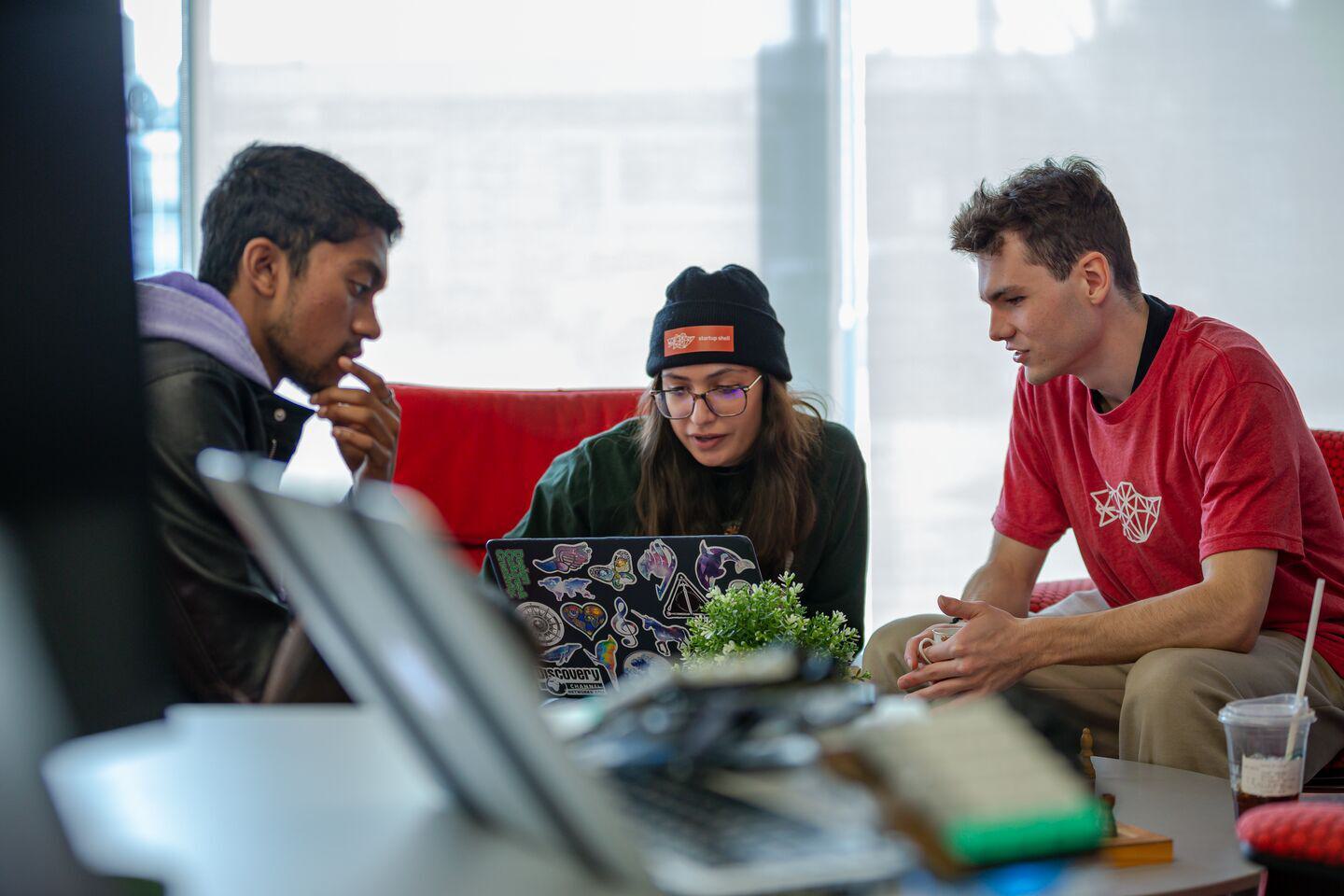
Working collaboratively with graduate student leaders, we’re making strides to improve the graduate student experience at UMD, and are investing in graduate education and graduate student life at the University of Maryland.

Investing in Graduate Students
The university continues to make investments in graduate student education and life in collaboration with the leadership of the Graduate Student Government, the Graduate Assistant Advisory Council, and other student groups. Recognizing the value of shared governance, we are committed to working with graduate students to develop policies, structures and processes that lead to improvements and shared successes.
Notable accomplishments from 2024 include:
Improved mutual expectation process for GAs
Expanded Graduate Student Success Team
Launched Fellowship Stipend Gap program
Continued enhancement of career support
Enhanced collection of disability data for graduate students to better advocate for services and support
The university also recently expanded its parental accommodation policy and is in the process of constructing a new graduate housing facility, slated to serve about 750 individuals with below-market housing options beginning in 2026-27.

TerrapinSTRONG is a shared vision and values for the entire campus community, representing our commitment to building community, connection and belonging on our campus.

TerrapinSTRONG
In 2024, TerrapinSTRONG announced it would be expanding to include additional educational opportunities. The TerrapinSTRONG onboarding program has also been expanded to include information around academic freedom, tenure, free speech, shared governance, and more.
The second annual TerrapinSTRONG Symposium, a collaboration between the Office of Diversity & Inclusion, Faculty Affairs, and University Human Resources, which provided over 165 faculty and staff the opportunity to learn together around the topic of inclusive leadership.

The Unity Center is a newly-designed space, grounded in the collective voices of our student body and created to honor, and celebrate the diversity of our campus community. The Unity Center includes five student lounges and a multipurpose room. Each of these spaces is crafted to reflect the cultures it represents, to educate as well as foster connection and a shared sense of belonging for all Terps.

Unity Center
In Fall 2025, the Unity Center opened for student-use and for reservations by registered student organizations. The renovation of Cole Head House was completed during August 2025. Students were involved in every aspect of design of this space through surveys, design forums, and feedback sessions over two academic years.
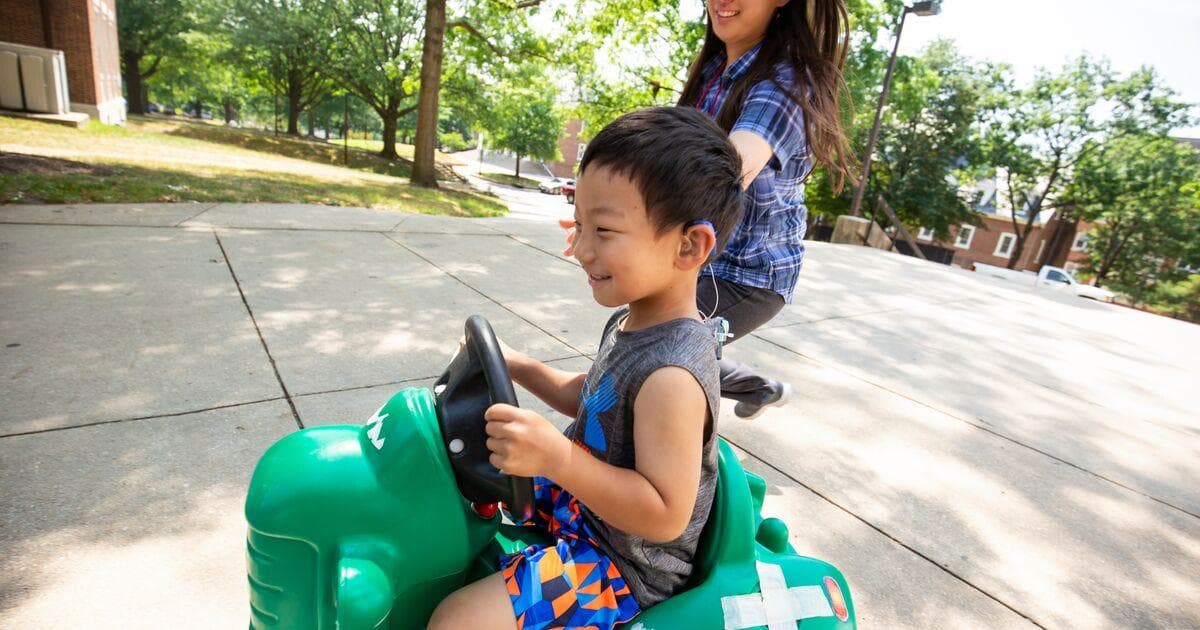
The University of Maryland is committed to supporting caregivers and families, and offers a variety of family care resources for employees who need help with their caregiving responsibilities.

Employees' Family Care Needs
In March 2021 University Human Resources launched a suite of family care resources for faculty, staff, and graduate assistants to assist them with balancing work and family responsibilities. The cornerstone of these resources is the Care@Work program which provides eligible faculty staff and graduate assistants with access to a free premium Care.com membership. Care@Work also provides enrolled employees with two options for subsidized backup care for children, adults, or elders when their regular care is unavailable.
In 2024, University Human Resources developed videos on essential topics such as Retirement Selection, Family Care Plans, and Medicare Part D. UHR also introduced and coordinated several impactful initiatives:
Benefit Power Hours covering Open Enrollment, Tuition, and Family Care topics
A revamp of tuition remission processes
Coordination of the Health and Wellness Fair
Hosting numerous retirement and financial wellness seminars
A dedicated Family Care Point of Contact is now available to consult with employees, addressing individual needs and guiding them to support services both within the University’s benefits program and through external organizations.
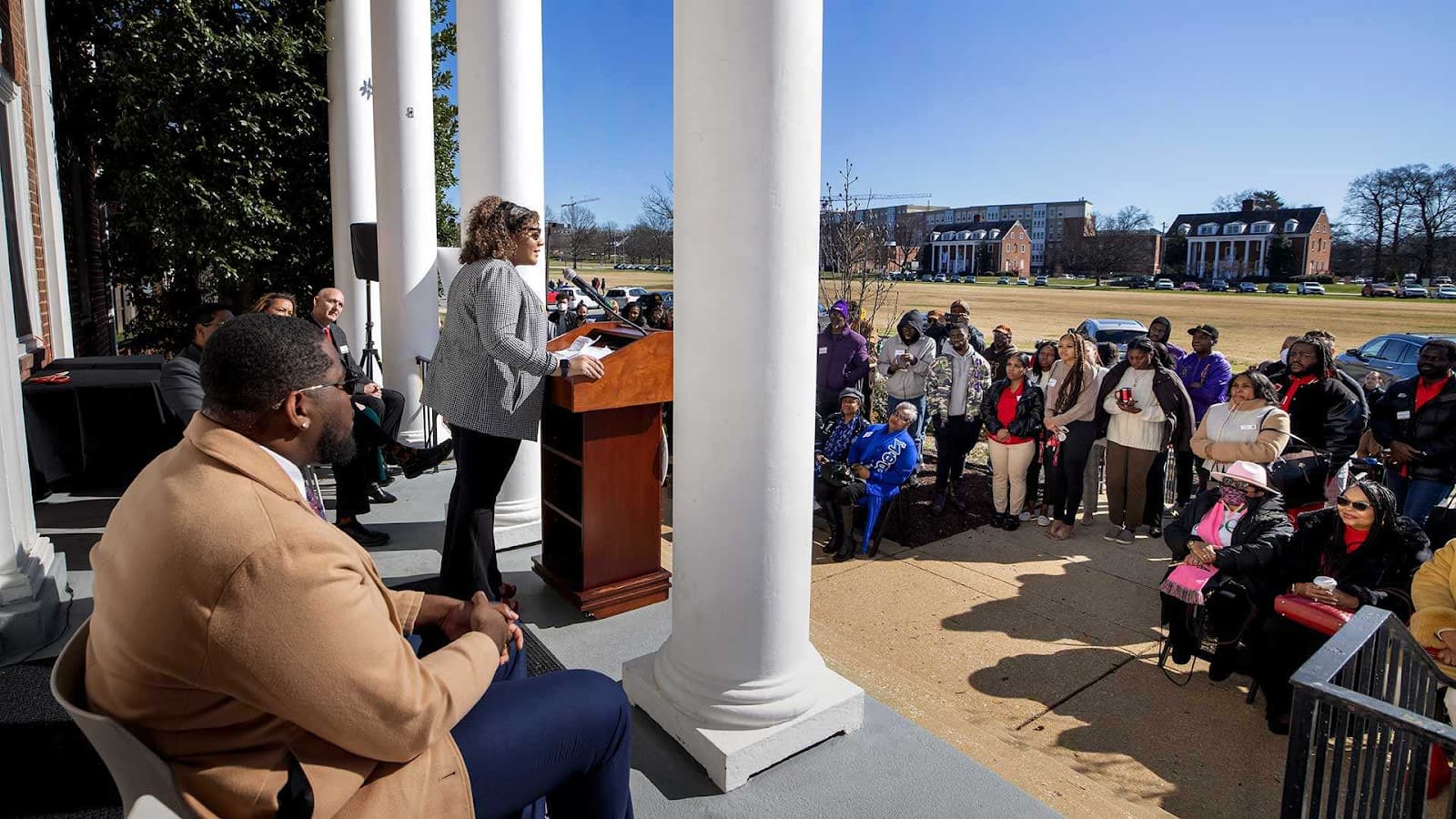
Goal 1
Goal 1
Lead the nation in living a commitment to equity, diversity, and inclusion in all we do.
Objectives
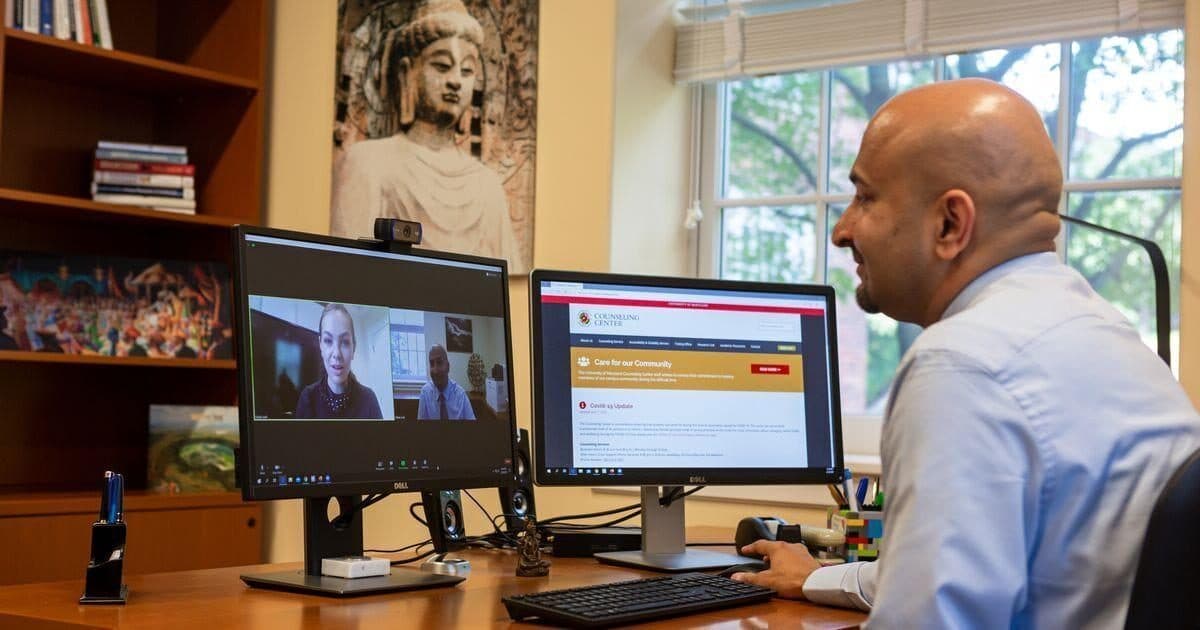
Goal 2
Goal 2
Become a connected, coordinated, and effective community of care that supports the success and well-being of students, faculty, and staff.
Objectives
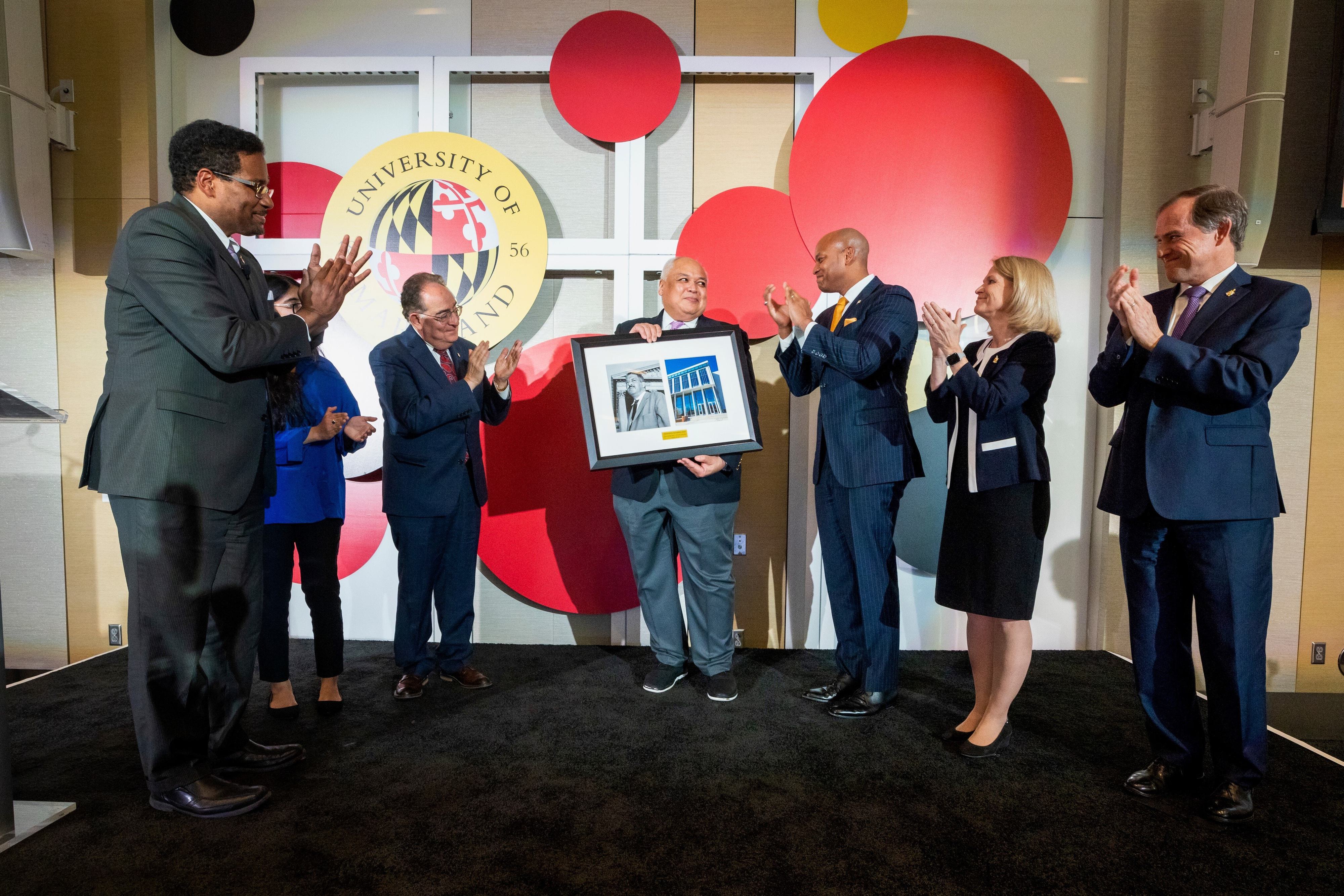
Goal 3
Goal 3
Align evaluations, rewards, and incentives with our goals and values.
Objectives
FEARLESSLY FORWARD IN PURSUIT OF EXCELLENCE AND IMPACT FOR THE PUBLIC GOOD: THE UNIVERSITY OF MARYLAND STRATEGIC PLAN is a living document and will evolve and grow as we do. Please visit this site to follow our progress as we move fearlessly forward.